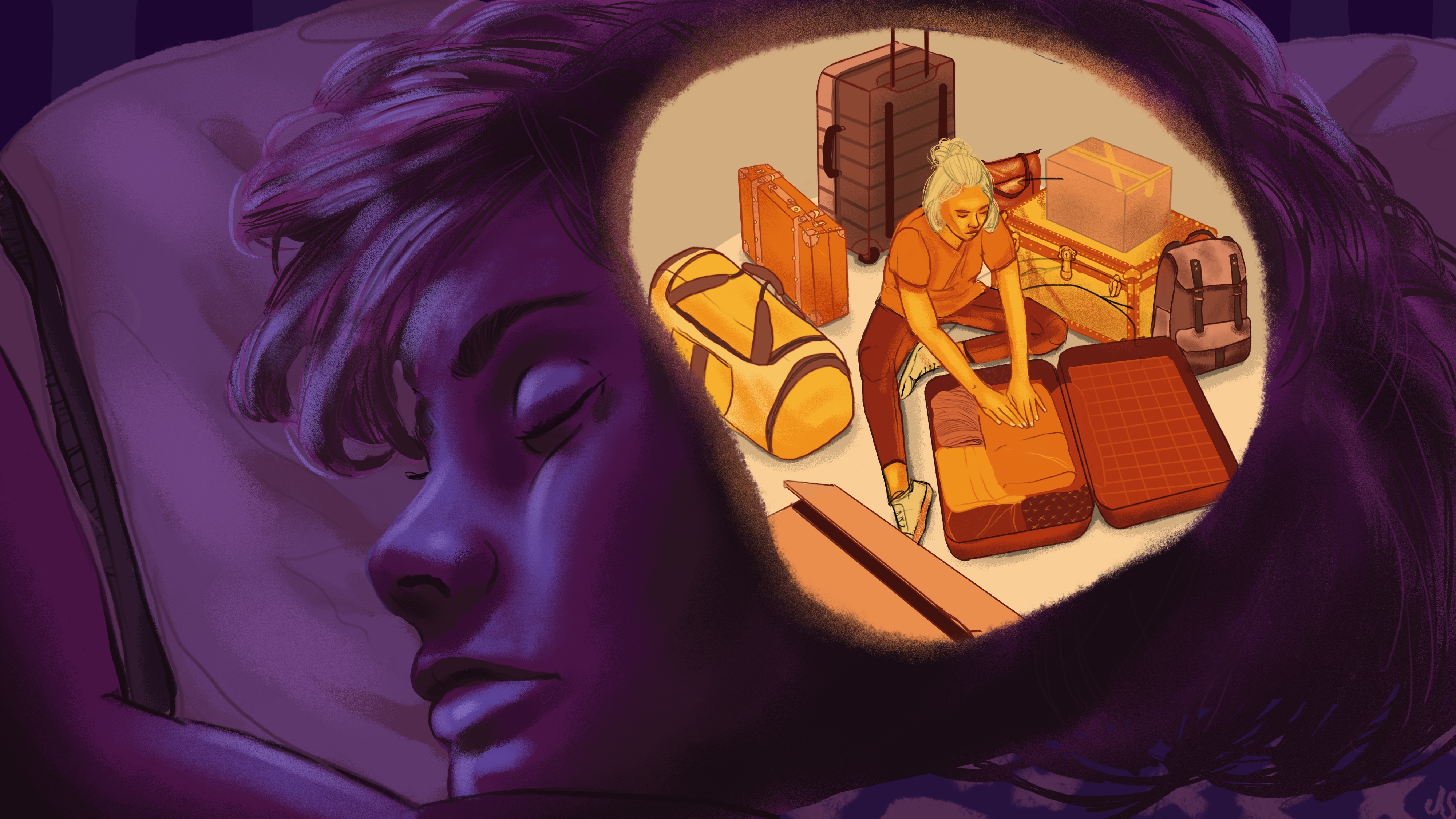“It’s a discipline that you practice,” says the Jamaican-born grandmaster, “and you can’t help but develop your mental powers.”
Question: What does chess do for your mind?
Maurice Ashley: Chess is intellectual karate. It’s a discipline that you practice and you can’t help but develop your mental powers. If you’re practicing martial arts or basketball or soccer your body is going to develop. Chess is the same way. You’re mind…but in having your mind develop that way, so the focus, the concentration, problem solving, goal setting, all these things are things you have to do at the chess board. You have to practice and it just hones those qualities. Also there is that self esteem. There is nothing like saying checkmate. I mean that is a magical sound wherever you are. Boom, mate fool, you know that is just a good feeling and when kids do that they feel empowered. It’s like let’s play again. I love that. I want to do that again and once you get hooked and you start to see yourself getting better. I remember coaching kids and a kid would take a checkmate that I showed him or a tactical idea, a double attack, especially those because it’s so frequent where you attack two pieces at the same time and you go and you play a game and suddenly you do it and bam, you’re hitting two pieces and only one can move and so you’re going to get the other one and they come back and their eyes are lit up, like wow, I just used what you showed me and won the game, show me something else and that is irreplaceable. I mean that is what you want for kids for them to be excited about learning and chess does that constantly. It’s I love the main point of chess that it’s applied knowledge. It’s not just you’re learning something and maybe sometime 10 years from now it’s going to be good for your character and you better learn these declensions in Latin. You know it’s chess. It’s like I get it and then I use it and that is very powerful about the game.
Question: How do you keep your cool at the chessboard when you’ve blundered away an advantage?
Maurice Ashley: I don’t know. No, I’m kidding. Yeah, you do beat yourself up pretty bad. There are a lot of mood swings in chess. It’s very difficult. It’s that anguish. You’ve as you said massaged. You’ve probed. You’ve calculated. You’ve sweated all this time trying to figure out what to do to beat this guy and then boom, one move you blow it and now you’re realizing that you are no longer hunting, but you are the hunted. That is a strange place for a chess player, but thankfully it happens so often. It happens often enough in a game that you learn how to deal with it. You realize it’s part of the game. It’s just momentum swings happen. It’s not science. It’s two human sitting across in battle and whenever you have that you’re going to have imperfection, so there is a lot post game analysis in chess. One of the great things about chess is you can look at your game afterward, but you can also look at yourself afterward and you can say, “Well how did I react?” “What did I do?” “How do I do it different next time?” It’s not about playing perfect moves because it’s never going to happen. It’s about training yourself and that is part of the discipline that I talked about with chess. You get that. You just get that discipline. You just learn that from experience, the school of hard knocks. There is no other way. It’s just you do it. You fail. Get up. Do it again, but make sure you learn from that failure so that you can be ready the next time.
Question: How have computers changed the way top chess players prepare for tournaments?
Maurice Ashley: Well when I was growing up you wanted to get… and you wanted to get the latest games you had to wait three months for a magazine, Chess Life Magazine or any. If you could somehow smuggle Shakhmatny Bulletin out of Russia or something you had to wait to see the great games getting played and that is important because it’s knowledge. It’s ideas you can use, so that is something that you just had… there was no choice. Now if one of the top players, if it’s Anand, if it’s Magnus Carlson plays a great game I’ll know in five minutes. I mean I come home. I just download it. Bam, there is the game. I can look at it, so the proliferation of knowledge based on the internet probably even more important than computers themselves. I mean computers, but the ability to go and get those games, get that knowledge, feed your mind that has transformed the sport of chess dramatically and on top of that the databases that you can study where all these games are collected, put in one database and you can sort and search based on opening lines, based on piece configuration. You can do any… with a player you’re playing against, what they like to do with black, what they like to do with white. You know you get an immediate psychological profile of some of the best players in the world just at a click of a mouse, so computers have dramatically transformed the landscape. Just that… You can see it in kids now becoming grandmasters at 12 and 13. Kids just sit home and they just push buttons, feed me, feed me and the knowledge just goes right in. Well we had to read books and do that slow turning on the pages and painfully digest the knowledge. They just get it in streaming color right into their eyeballs at a computer screen and that has totally changed the sport and if you don’t study using a computer you might as well be a dinosaur.





